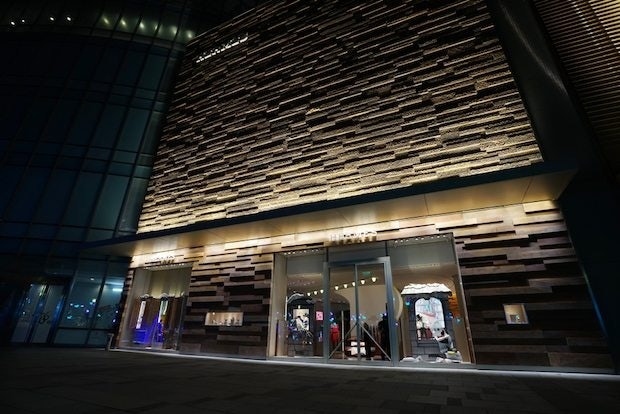
While Chinese luxury consumers still love to shop for their Chanel and Hermès handbags, a new report finds that they’re continuing to allocate a growing portion of their leisure spending to luxurious experiences such as travel and spa treatments.
According to Ruder Finn’s annual "China Luxury Forecast" survey released yesterday in partnership with Consumer Search Group (CSG), more affluent mainland Chinese consumers plan to up their spending on travel than on luxury goods this year, marking the second year in a row this has been the case. A total of 53 percent of mainland Chinese respondents plan to spend more on luxury travel in the coming year, a rate that’s up from 50 percent last year. Meanwhile, 42 percent plan to spend more on luxury goods across all categories, which is the exact same rate as that on last year’s survey.
The survey of 1,341 consumers with an average annual income of RMB 833,509 (US$127,825) found that Chinese tourists are also highly interested in non-shopping activities and experiences when they travel—74 percent of mainland respondents said they like to visit the spa while traveling, making it the number one preferred travel activity for this group. Meanwhile, 55 percent listed dining, and 52 percent listed beach activities.
Luxury brands are likely relieved to know that this group is still putting a high priority on shopping while traveling as well. A total of 72 percent of mainland Chinese respondents said they set aside a budget for luxury shopping while traveling for leisure, and they’re doing their research before these trips: 57 percent say they already know what brands they want to buy. Their travel shopping research is much more focused on brands than products, as 25 percent have planned out exactly which products from specific chosen brands they’ll buy, and only 17 percent are looking for specific products without considering brands.
In addition, many are also still skimping on hotels despite their lavish shopping budgets, but this trend may be evolving—the highest proportion of mainland respondents (39 percent) said they stayed in a mid-range hotel on their last trip, while their Hong Kong counterparts mainly preferred luxury hotels (40 percent). There’s definitely significant interest in the hotel experience as well, however, as 36 percent of mainland respondents stayed in luxury hotels, 28 percent stayed in boutique hotels, and 22 percent stayed at resorts.
Despite Hong Kong’s current mainland visitor slump, it still remained the number one destination for mainland survey respondents, as 31 percent had visited in the past 12 months. This was followed by France (26 percent), which topped Asian Chinese shopping hotspots Japan (24 percent) and South Korea (16 percent).
When they’re not shopping for luxury abroad, this group is increasingly willing to buy online. The survey found that online shopping takes up 26 percent of all mainland Chinese luxury spending, but this is still directed toward smaller items. Accessories and beauty are the most frequent categories purchased online, while big-ticket categories such as watches and jewelry still warrant a trip to the store for the majority of consumers. Official brand websites are the top choice for mainland consumers buying luxury goods (chosen by 60 percent of all respondents), followed by Amazon (54 percent), JD.com (44 percent), and Vipshop (37 percent).